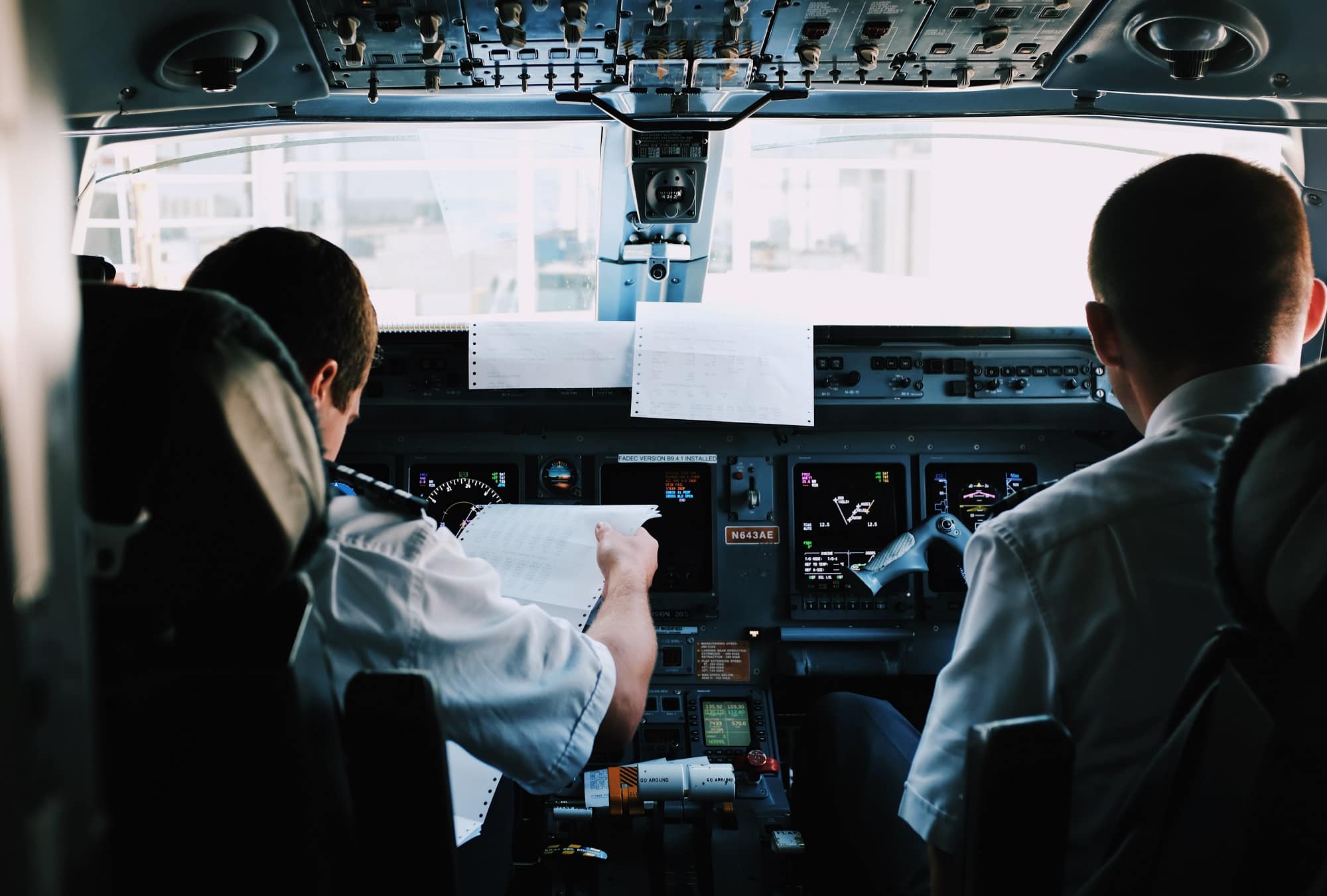If you ask any child what they’d like to be when they became an adult, “pilot” is still in the top of the list. It’s a job that’s full of excitement, technical precision and freedom. Once your dream is a reality, every pilot who wants to become a pilot is compelled to ask: How much do pilots earn?

Image credit: flightschoolusa.com
The answer isn’t as simple as an amount. Understanding how airline pilots pay today involves navigating beginning salaries, growth trajectories and the benefits structure.
Starting Small: Why a lot of Pilots begin in the Regional World
The majority of pilots do not begin their careers in the cockpit of Boeing 787. Their careers typically begin with regional airlines, flying smaller aircrafts and routes that are shorter. The pay offered for these entry-level positions is based on the fact that these jobs are a training ground to become the future captains.
A regional airline pilot salary typically starts around $45,000 to $70,000, depending on the airline and whether the pilot comes with flight experience or is fresh out of school. Regional experience might seem unimportant compared to the price of flight school, however it’s crucial to greater opportunities. Many regional airlines are increasing pay quickly due to shortages of pilots.
Commercial Pilot Salary This isn’t what you Think!
Then things begin to get interesting. Commercial pilots are not necessarily flying for major airlines. This means that you are entitled to receive compensation from an airline for flying. It could be for charters, cargo sightseeing, firefighting, crop dusting or even corporate jets. Each of these routes provides a variety of compensation plans.
A charter captain may earn $60,000 while a Gulfstream G650 business captain could earn up to $200,000 per year. Commercial pilot salaries are wildly different because of the various jobs and the associated risks. In contrast to the structured seniority of airlines, pay in the commercial industry is generally determined by negotiations, customer contracts and the type of aircraft.
The numbers begin to become large
The pay of pilots in USA increases in value as you progress through the ranks. A first officer with an important U.S. airline could earn from $90,000.00 to $150,000.00 A senior pilot flying international wide body routes could earn up to $400,000.00 and often more due to overtime and bonuses.
But these numbers do not provide the complete picture. Seniority is often accompanied by high workloads, fatigue from long hauls and sacrifices in lifestyle. The path to a rewarding career is not always appealing.
What your paycheck doesn’t show
Benefits are a key component of any discussion on the salaries of airline pilots. Many pilots see value in these benefits, far beyond their dollar value. Benefits can be an important aspect in enhancing your quality of life. From pension plans and all medical insurance to travel privileges for family members.
Many airlines offer bonuses for pilots who have experience, for example signing bonuses of up to $75,000 and higher amounts, if they have military backgrounds or ratings. These bonuses reflect of the growing need for highly-qualified professional within the U.S., as the crew of pilots is ageing and demand for flights is growing.
Does It Really Pay Off?
The route to becoming a pilot in the U.S. isn’t just demanding it’s expensive. Flight school costs anywhere between $70,000 and $150,000. Pilots rarely be paid six-figure salaries until they’re several years into their careers. However, the reward over time is real.
The job of a pilot tends to be predictable, with a logical progress and a routine that can be admiration by other occupations. For many pilots, however it’s the joy of flying and the joy of controlling an aircraft that provide the most important benefits.
Final Thoughts
The pay of the pilot in America does not revolve around figures, it’s about the journey, growth and the lifestyle. A career as a pilot is not only an opportunity to earn a living but also an opportunity to live a life of. Whether you’re looking at local jobs or commercial charters, as well as long-haul international flights. Each step is not just about better earnings but a broader scope of possibilities.

